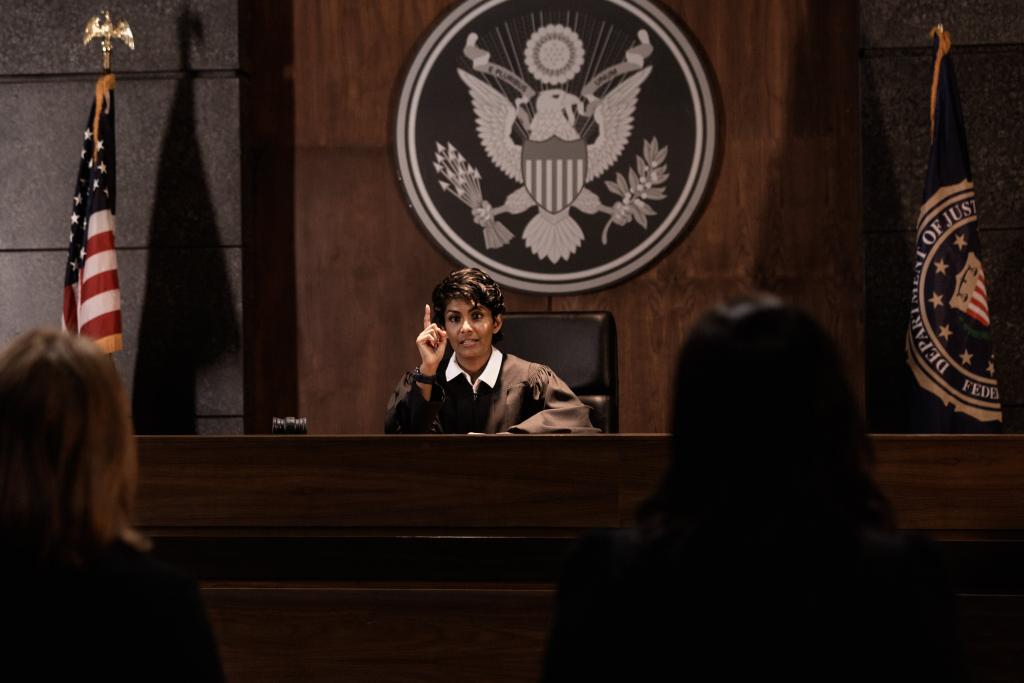
One of the many valuable services provided by solicitors is to hold funds securely in neutral escrow accounts pending resolution of disputes. However, performing that role is not without risk and, in one case, a respected law firm found itself on the horns of a $325 million dilemma through no fault of its own.
The firm agreed to hold the funds in a London escrow account pending the outcome of commercial arbitration proceedings between a company registered in Barbados (the Bajan company) and another overseas company. After arbitrators made a final award in favour of the Bajan company, the firm was directed to pay the escrow funds, minus its fees, to the successful party.
That, however, was not the end of the matter: in two sets of proceedings in overseas courts, allegations had been made that the funds were part of the proceeds of a vast international fraud. At the behest of the US Department of Justice (DoJ), a court in California issued a forfeiture warrant in respect of the escrow funds. The warrant, which authorised US law enforcement officers to arrest and seize the funds, was served on the firm in London and the DoJ had threatened it with prosecution if it paid out any of the money to the Bajan company.
The Bajan company strenuously denied that the funds were in any way criminally tainted and launched High Court proceedings. It sought an order requiring the firm to pay seven-figure sums into court from the escrow account which would enable it to meet its creditors’ demands and pay its legal representatives.
In rejecting the application, however, the Court noted that the firm’s predicament was not of its own making. It wished to close the escrow account and to pay out the funds to the Bajan company but felt that it was unable to do so without placing itself at serious risk of prosecution or civil liability.
The Court noted that the firm enjoyed self-protective rights as trustee of the escrow funds and was not required to expose itself to such non-fanciful risks. Were it to pay out any part of the funds, even into court, the risk of it being prosecuted by the DoJ would be real, in the sense of actual.
Expressing sympathy for the Bajan company, the Court noted that it would be very seriously damaged by its inability to access the funds and might even be forced into liquidation. Those factors were, however, not sufficiently weighty to override the firm’s contractual and general legal rights as holder of the money. The Court was also not satisfied that the Bajan company had taken all steps open to it to persuade the Californian court to vary the terms of the forfeiture warrant so as to allow payments to be made to its creditors and legal advisers from the escrow account.